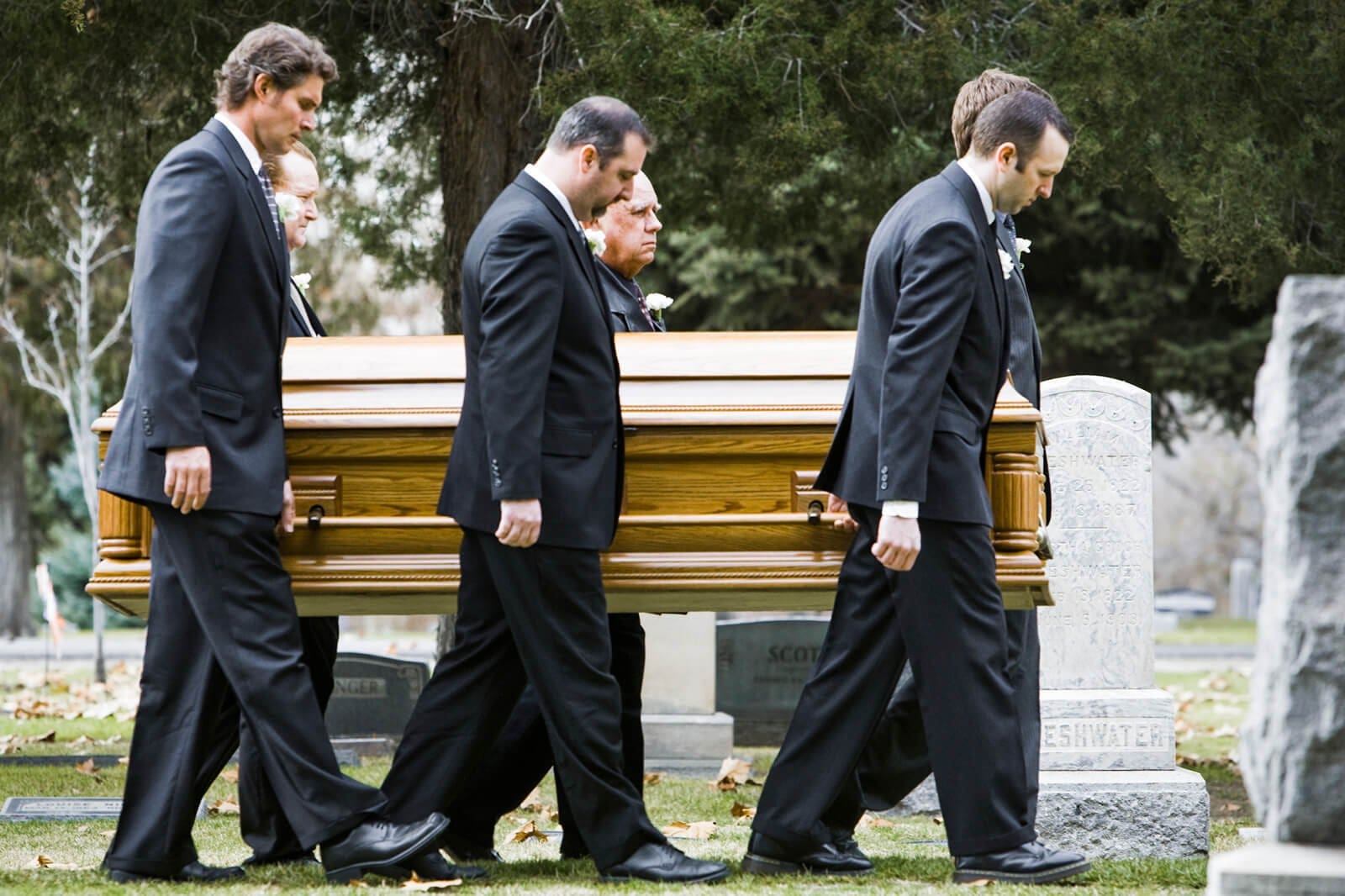Whether you are planning ahead or navigating the loss of a loved one, understanding how funeral homes operate is a key part of making thoughtful decisions. Funeral homes provide important services, but they vary widely in terms of cost, offerings, and approach. Here is what you should know to make the process more manageable and less stressful.
1. Not All Funeral Homes Are the Same
Funeral homes may seem similar on the surface, but there are major differences in ownership, pricing, and services. Some are independently owned by local families while others are part of national chains. Some offer traditional funerals, while others specialize in green burials, faith-based customs, or alternative services.
Ask who owns the funeral home, what kinds of services they focus on, and how flexible they are when it comes to personalizing arrangements.
2. Funeral Homes Must Provide a General Price List (GPL)
Every funeral home in the United States is required by law to offer a General Price List (GPL). This document outlines the cost of each item and service, so you can understand exactly what you are paying for. Funeral homes must give you this list when you ask, even if you are just calling for information.
A funeral home that makes the GPL easy to access is more likely to be open, honest, and respectful of your needs.
3. You Are Not Required to Buy Everything From Them
You are free to bring in your own casket, urn, flowers, guest books, or programs. Funeral homes are not allowed to charge extra for handling items you provide yourself. You also do not have to buy a package if you only need certain services.
Families often save money or find more meaningful options by purchasing these items from outside vendors or online.
4. Not All Funeral Homes Handle Cremation In-House
While many funeral homes offer cremation, they may not perform it on-site. Instead, they might contract with a third-party crematory. If it matters to you that your loved one stays with one provider throughout the process, ask whether the cremation is handled on the premises.
It is also smart to ask how they identify and track remains throughout the cremation process. A good provider will have clear procedures to explain.
5. They Offer Support for the Living, Too
Funeral homes do more than manage logistics. Many also offer grief support for families after the service. This might include counseling referrals, grief literature, support groups, or remembrance events held throughout the year.
If emotional support is important to your family, ask what resources they offer beyond the funeral itself.
6. You Can Pre-Plan Without Pre-Paying
Planning your own funeral in advance does not mean you have to pay for it right away. While pre-paying can lock in today’s prices and reduce the burden on your family later, you can also simply document your preferences and leave payment arrangements for the future.
Most funeral homes will keep your preferences on file. This gives your family guidance when the time comes and can help avoid second-guessing.
7. Direct Burial and Cremation Are Simple, Low-Cost Options
If you prefer a more affordable or less traditional approach, ask about direct burial or direct cremation. These options skip embalming, viewings, and formal services, which can significantly lower costs.
You can always choose to hold a private or public memorial later at a place and time that works for your family.
8. Service Packages Can Be Convenient but May Not Save You Money
Funeral homes often group services into packages, which can make planning easier. These packages might include transportation, embalming, ceremony setup, and more. However, it is important to review what is included. Sometimes the cost of the package is higher than selecting only the items you need.
You are always allowed to decline parts of a package and choose services individually.
9. Your Instincts Matter
Choosing a funeral home is a personal decision. Beyond price and services, pay attention to how you are treated. If you feel pressured, confused, or dismissed, it is okay to walk away and explore other options.
A trustworthy funeral home will answer your questions clearly, respect your decisions, and provide guidance without upselling or rushing you.
Final Thoughts
Funeral homes play a vital role in some of life’s most difficult moments. Understanding your rights and options puts you in a stronger position to make decisions that reflect your values and needs. Whether you are planning ahead or making arrangements after a loss, take the time to ask questions and find a provider that feels like the right fit for your family.
If you have feedback, questions, or ideas for future articles or Information Hubs, please contact us. Your insights help us create valuable content.


